THE YEAR IN REVIEW
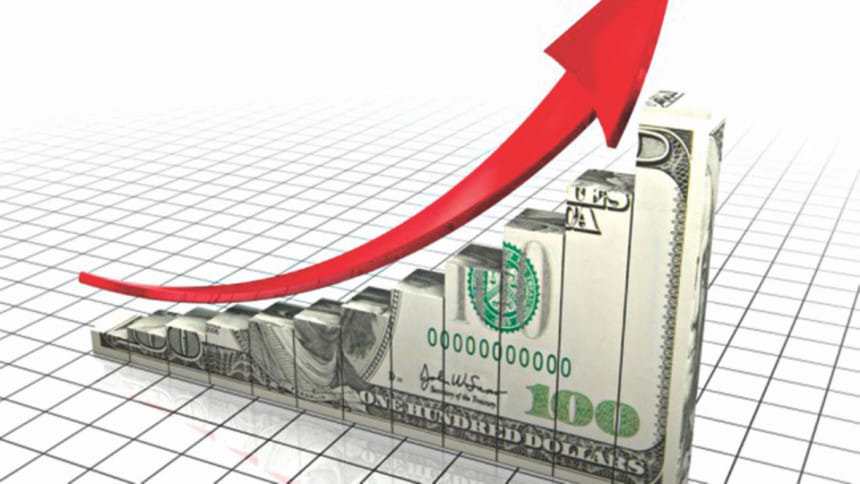
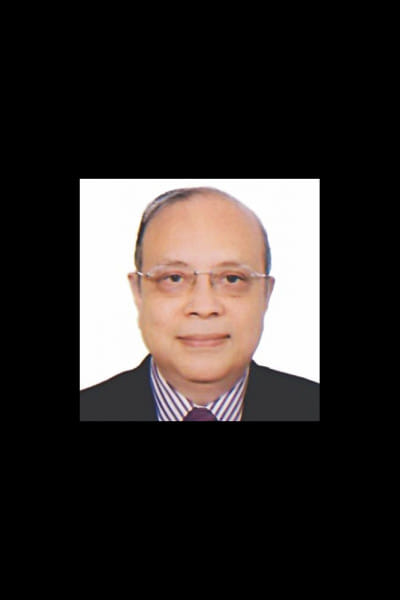
Dr. Sultan Hafeez Rahman
Executive Director
BRAC Institute of Governance and Development(BIGD),
BRAC University
Top three challenges
* There was a raise in domestic resource mobilisation rate. Macroeconomic variables such as Tax-GDP ratio, private and foreign direct investment rates are not satisfactory in the current FY2015. Even with calmer political year, the FDI is 20 percent -22 percent, whereas it needs to be around 35 percent whereas Tax-GDP ratio remains at 9.94 percent.
* Although USD has strengthened, there has been a persistent stabilisation of BDT which is eroding the competitiveness of export sector.
* Non-performing loans (NPL) has been reduced by rescheduling of loans and recapitalisation of state-owned banks. However, these are temporary measures, so the banking sector remains weak. Hence, deep reforms are needed in this regard.
Top three achievements
* One of the significant achievements has been a consistent decline in the inflation rate. Food inflation and non-food inflation have slowed to 5.72 percent and 6.56 percent, respectively (Trading Economics). This will have implications in the interest rate and exchange rates growth and thus a lower inflation rate will favor the economic growth of the country. Thus inflation management has been prudent.
* There has been promising achievements of the MDG goals in Bangladesh. This has significantly contributed in poverty reduction of Bangladesh where the poverty rates have fallen to around 24.8 percent.
* It is noteworthy to mention that Bangladesh is now a lower middle-income country with its stable growth rate of around 6.26 percent
Top three suggestions for 2016
* Tax-GDP ratio must increase so that aggregate savings can increase. This calls for a better tax-business reform in the country.
* FDI needs to increase as well. This will then ensure an increase of manufacturing industry that will contribute to increase employment growth. Otherwise demographic dividend will turn into a demographic curse for the country.
* Governance is important. A rapidly growing economy has historically been followed by political stability in which people will exercise their fundamental rights. Policy-makers and political parties should pay attention to these issues.
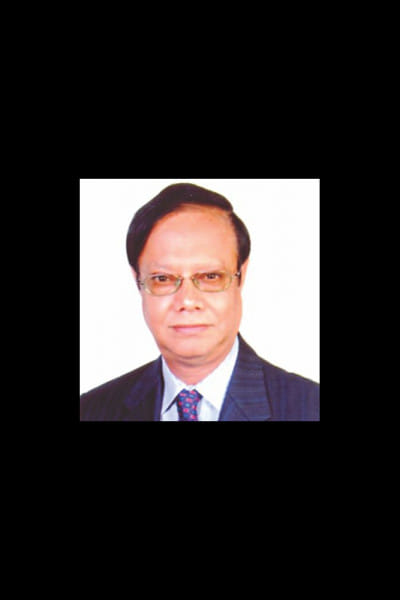
Dr. Ahsan Mansur
Executive Director
Policy Research Institute
of Bangladesh
Top three challenges
* Lack of investment.
* Fulfilling revenue target was a big challenge.
* Lack of implementation of infrastructural projects. The government has taken many initiatives but we see poor implementation of these projects. For example, in power sector, except for the Rampal power plant, which is also controversial, there is no development in big power projects.
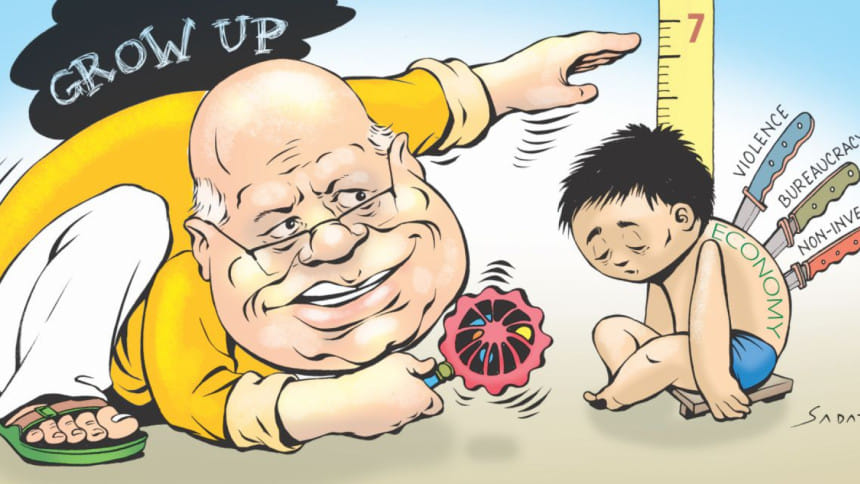
Top three achievements
* Maintaining macroeconomic stability.
* Relative strong position in export. Many strong economies suffered from double digit shrink in their export while Bangladesh maintained a stable position.
* Last year, the political climate was stable which really supported the production environment.
Top three suggestions for 2016
* Fiscal steps should be taken to increase investment.
* Do not go for ambitious infrastructure project. For example, the government has declared to establish one hundred EPZs within the next one year which has little prospect of being implemented. The government should prioritise projects that need immediate attention.
* The revenue structure needs to be reformed. NBR and other custom related organisations need urgent reform to increase revenue.

Dr. Biru Paksha Paul
Chief Economist
Bangladesh Bank
Top three Challenges
* Weak infrastructural governance: We are building various infrastructures but governance of these structures is really poor. For example, we do not have spacious approach roads for flyovers; traffic jam is also an important part of infrastructural governance. If we can improve street governance, our GDP growth would get 1 percent higher.
* Absence of robust growth in the capital market: We could not stimulate the capital market. By and large the stock market index remained below 5000-point.
* High lending rate: At the backdrop of global low interest regime high lending rate in Bangladesh remained as a challenge. Currently it is above 12 percent.
Top THREE Achievements
* GDP growth well off the track. Service sectors performed very well.
* Stable inflationary trend
* Sustained export growth amid global export slump.
Top THREE SuggestionS for 2016
* Urgent reform needed for better revenue mobilisation.
* Exploring new export destinations and diversifying export items
* Expedite critical infrastructure projects such as power plant, the Dhaka-Chittagong four lane highway and EPZ.
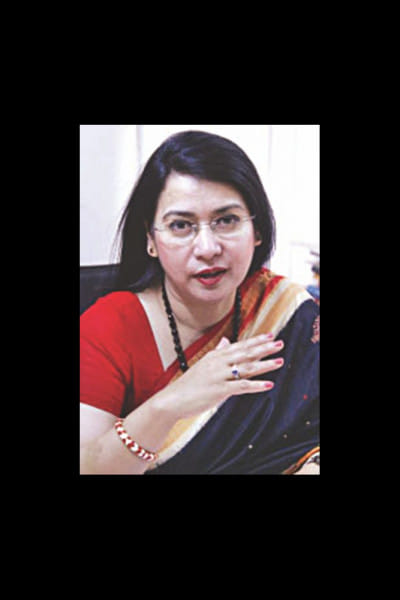
DR. Fahmida Khatun
Research Director
Centre for Policy
Dialogue (CPD)
Top Three Challenges
1. Boosting revenue mobilisation effort: Shortfall in the revenue collection continued in 2015 as well. Political turmoil during the early months of 2015 and decline in import duty may be the reasons, but efficiency of the National Board of Revenue has to be improved through higher human and financial resources.
2. Increasing public investment: Public investment during July-October 2015 has been lower than that of the same in the previous year due to slow implementation of the Annual Development Programme. Given that there are large infrastructural requirements in the country, ADP implementation needs to be expedited.
3. Remaining competitive in the international export market: Export growth has been volatile in recent years. Higher demand for compliance is putting pressure on readymade garments exports. Productivity enhancement through skill development and technology are to be pursued by the RMG sector to absorb such pressure.
Top Three Achievements
1. GDP Growth: Though lower than the target of 7.3 percent in the national budget, GDP growth for the fiscal year 2015 was 6.5 percent, higher by 0.4 percent compared to the previous year's growth.
2. Lower Middle Income Status: Bangladesh's economic growth has been translated into higher per capita income. As a result, in 2015, Bangladesh has moved to World Bank's category of Lower Middle Income Country (LMIC) with a per capita income of USD 1314.
3. Tamed inflation rate: Lower prices of fuel, fertiliser and food at the international market has given respite on inflationary trends. Restrained monetary growth and a stable nominal exchange rate between the Bangladeshi taka and the US dollar have also contributed to lower inflation.
Top Three Suggestions for 2016
We have targeted for 7 percent growth for the fiscal year 2016. Indeed, growth momentum has to be geared up for creating employment for the young population in high productive sectors and reaching Upper Middle Income Country (UPMIC) status. The target has to be to move now from reduction of poverty to achievement of prosperity.
Maintaining a stable macroeconomic environment has always been a major task. Fiscal prudence through generating adequate resources and investing them for infrastructure, education and governance has to be exercised. The unfinished agenda of institutional reforms for improving economic governance should be taken on board.
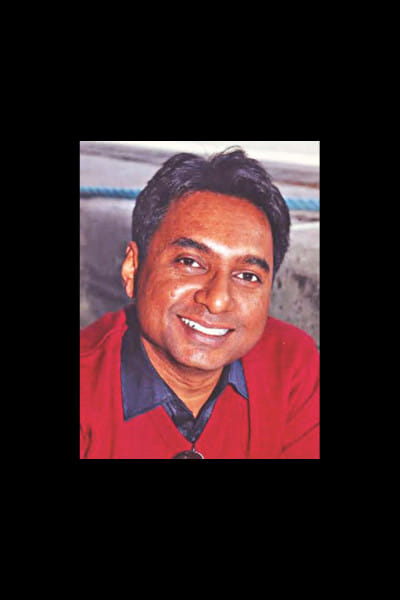
Dr. Selim Raihan
Professor, Department of Economics, University
of Dhaka & Executive Director of the South Asian
Network on Economic Modeling (SANEM)
TOP THREE Challenges
1. The economy has suffered from political uncertainties which affected private investments leading to stagnant private and overall investments.
2. There has been a rise in economic inefficiency, resulting in a fall in the productivity of investment, which has led to a situation where achieving the same level of economic growth is getting costlier.
3. Growth rates in exports from other sectors, apart from the RMG, have been weak, which is not conducive for export diversification.
TOP THREE Achievements
1. The country has been upgraded from a status of low income country (LIC) to a status of lower-middle income country (LMIC) as per the World Bank's classification.
2. There has been significant rise in the generation of electricity, which has helped reducing the gap between demand and supply of electricity.
3. The RMG sector experienced sizable growth, despite numerous challenges at home and abroad.
Top Three Suggestions for 2016
1. We need to initiate second generation economic reforms in the areas of trade, industrial, fiscal and monetary policies and implement them with the aim of rising economic efficiency, diversification of the overall economy and exports, and inducing private investments.
2. The cost of doing business needs to be lowered by addressing general and sector specific infrastructural bottlenecks and corruption.
3. Political uncertainties need to be minimised by generating political capital for economic reforms with a higher degree of contested politics.
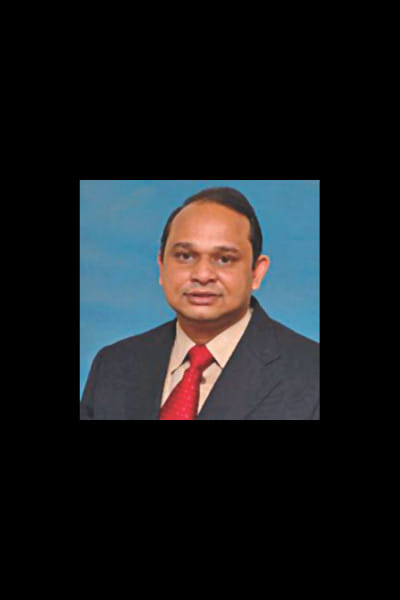
Dr. Rashed Al Mahmud Titumir
Associate Professor
Department of Development Studies University
of Dhaka & Chairman, Unnayan Onneshan
Top three challenges
1. The stifling of productive capacity expansion due to stagnation in private investment, less-than-adequate infrastructure and sluggishness in productivity growth has been dragging the growth in gross domestic product from targeted growth over the stationary six percent mark.
2. The declining rate of growth in revenue mobilisation is likely to shrink development financing for removing supply side bottlenecks, decrease falling social sector spending and increase government borrowing further in the backdrop of expanding non-development expenditure.
3. The confrontational polity, the contingent political competition for primitive capital accumulation and the punctured institutions have ditched enterprise making at the bay, dwindling the actual realisation of potential job-creating economic growth, social development and environmental sustainability.
Top Three achievements
1. People in rural areas, who either migrated to cities or abroad, have continued to send remittances to keep largely the current pace of the economic growth at six per cent.
2. Continual increased participation of women in the labour market and women entrepreneurship along with their demonstrated resilience are making inspiring changes.
3. Farmers have continued to work tirelessly in their croplands, with innovation and intensity, despite distressed sale of products, without fair prices, high input cost, and changing climatic conditions.
Top three suggestions for 2016
1. Departing from the current orthodoxy, the country needs to move towards expansion of productive capacity through injection of high rates of investment and shifting to higher productivity technologies to address the fundamental challenges of growing gaps between the creation of employment and the requirements fornew entrants and the underemployed into the labour force.
2. A new social development and social security regime is required not only to address mounting inequality in terms of income and access to resources, rural-urban disparity, male-female gap and divide in access to health and education, but also to cater to the ageing, marginalised and excluded population through higher public spending, revamping the country's tax system from the current low tax-GDP ratio.
3. In order for economic growth and social progress to be sustainable, a democratic representational public order with envisaged goal of formation of a citizen state is needed.
COMMENTS COMPILED BY SHAMSUDDOZA SAJEN

 For all latest news, follow The Daily Star's Google News channel.
For all latest news, follow The Daily Star's Google News channel. 



Comments